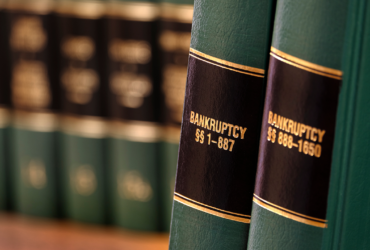Debtor property that is non-exempt must be surrendered to the bankruptcy trustee for liquidation and distribution to the debtor’s creditors
Examples of non-exempt property:
- Real property that is not considered your primary residence
- Stocks and Bonds that are not in an exempt retirement account
- A vehicle that is owned outright by the debtor or in which the debtor has significant equity to liquidate the vehicle
- Cash investments that are not held in retirement accounts
The amount of non-exempt cash varies by state
In most jurisdictions, cash amounts over five thousand dollars are generally not exempt from bankruptcy. Some jurisdictions allow you to exempt as much as ten thousand to ensure you a fresh start, which is the legislative intent behind the bankruptcy legislation. Anything above exempt property value is surrendered to the court.




